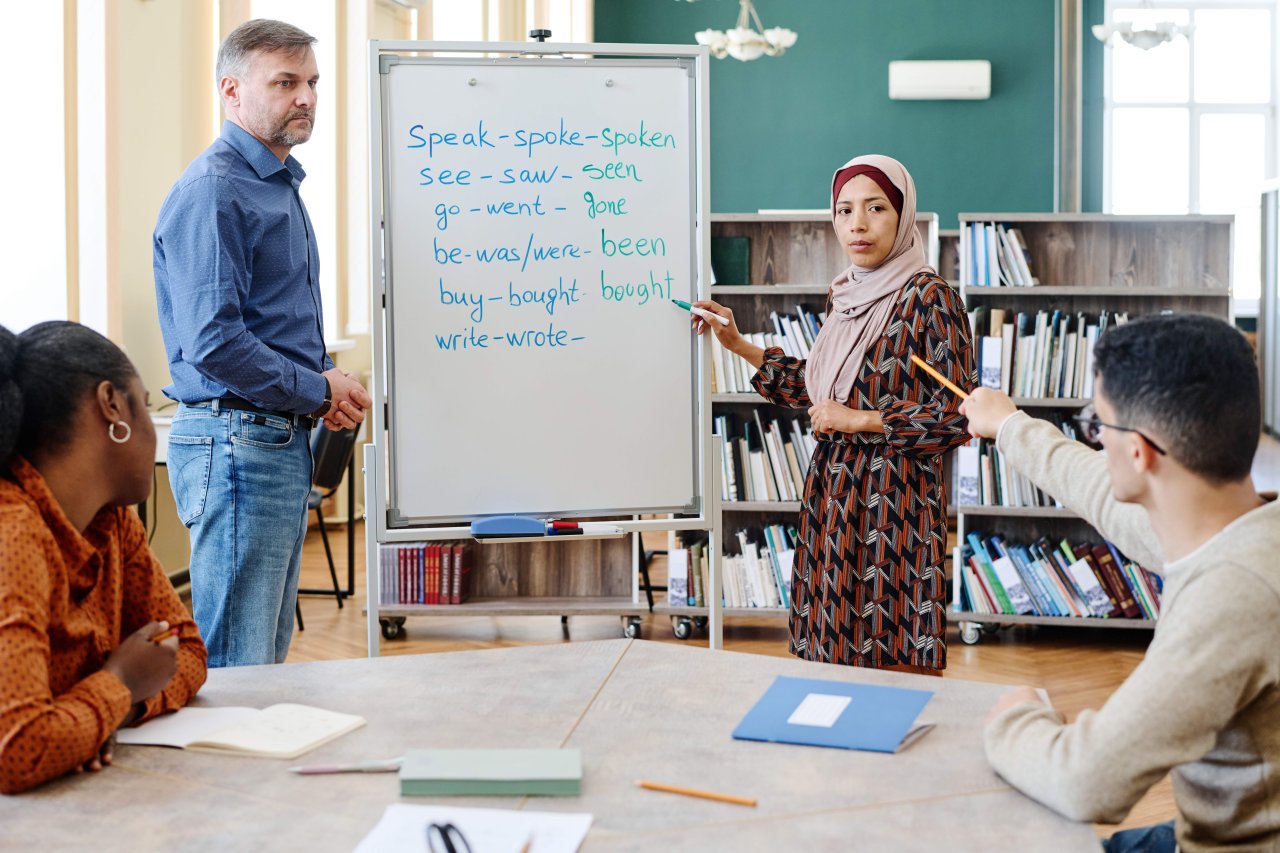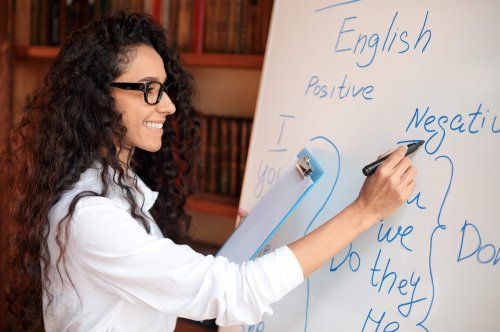5 Ways TESOL is Tackling Society's Biggest Issues (It's Not Just About Grammar)

When you think of Teaching English to Speakers of Other Languages (TESOL), what comes to mind? Verb conjugations? Pronunciation drills? While these are certainly part of the picture, the field of TESOL has evolved to address some of society's most pressing issues. Let's explore five ways TESOL is making a difference beyond just teaching grammar.
1. Addressing Power and Inequality
TESOL classrooms have become spaces where power dynamics and social inequalities are examined and challenged. As Alastair Pennycook notes in his introduction to the TESOL Quarterly special issue on critical approaches to TESOL:
"Critical approaches to TESOL are fundamentally political, but the critical approaches discussed here do not adhere in any simple sense to a normative leftist politics."
This means that TESOL teachers are engaging with complex issues of race, gender, class, and sexuality in their classrooms. For example, Awad Ibrahim's research shows how African students in Canada "become Black" as they learn English, highlighting the intersection of language learning and racial identity formation.
2. Rethinking Cultural Representation
Gone are the days when TESOL materials only featured stereotypical white, middle-class families. Today's TESOL professionals are pushing for more diverse and inclusive representations in textbooks and teaching materials. This goes beyond mere tokenism to critically engage with questions of cultural identity and representation.
As Cynthia Nelson's work demonstrates, even discussions about seemingly simple topics like two women walking arm-in-arm can open up complex conversations about sexuality and cultural norms in the ESL classroom.
3. Empowering Marginalized Communities
TESOL has become a powerful tool for empowering marginalized communities. Programs like those described by Donna Frye and Elsa Auerbach use participatory approaches to education, putting curriculum development in the hands of immigrant students themselves.
These programs often focus on practical issues facing immigrant communities, such as workers' rights or navigating healthcare systems. As Auerbach states:
"Participatory education is thus not simply a teaching method but a philosophy of education which views knowledge as collectively constructed through dialogue and action aimed at social transformation."
4. Challenging Linguistic Imperialism
TESOL professionals are increasingly questioning the global dominance of English and the notion of "native speaker" supremacy. Juliane Brutt-Griffler and Keiko Samimy's work challenges the privileged position of "native speakers" in TESOL, arguing for a more inclusive approach that values the experiences and insights of multilingual teachers.
This shift recognizes the complexity of global English use and challenges traditional power structures within the field of English language teaching.
5. Promoting Critical Thinking and Social Engagement
Modern TESOL classrooms are moving beyond the idea of "critical thinking" as just logical reasoning. Instead, they're fostering what Sarah Benesch calls "critical practice" – an approach that encourages students to question social norms and engage with real-world issues.
For example, Benesch describes an EAP (English for Academic Purposes) classroom where students critically discussed topics like homophobia and violence, developing language skills while engaging with complex social issues.
Conclusion
As we can see, TESOL has evolved far beyond just teaching grammar and vocabulary. Today's TESOL professionals are at the forefront of addressing some of society's most pressing issues. As Pennycook concludes:
"Given the cultural politics of English teaching in the world, critical approaches to TESOL may help us deal with some of the most significant issues of our time."
So the next time you think about TESOL, remember: it's not just about language. It's about changing the world, one classroom at a time.
References:
Pennycook, A. (1999). Introduction: Critical approaches to TESOL. TESOL Quarterly, 33(3), 329-348.
Ibrahim, A. (1999). Becoming Black: Rap and hip-hop, race, gender, identity, and the politics of ESL learning. TESOL Quarterly, 33(3), 349-369.
Nelson, C. (1999). Sexual identities in ESL: Queer theory and classroom inquiry. TESOL Quarterly, 33(3), 371-391.
Auerbach, E. R. (1992). Making Meaning, Making Change. Participatory Curriculum Development for Adult ESL Literacy. Center for Applied Linguistics/ERIC.
Brutt-Griffler, J., & Samimy, K. K. (1999). Revisiting the Colonial in the Postcolonial: Critical Praxis for Nonnative-English-Speaking Teachers in a TESOL Program. TESOL Quarterly, 33(3), 413-431.
Benesch, S. (1999). Thinking critically, thinking dialogically. TESOL Quarterly, 33(3), 573-580.

















.png)